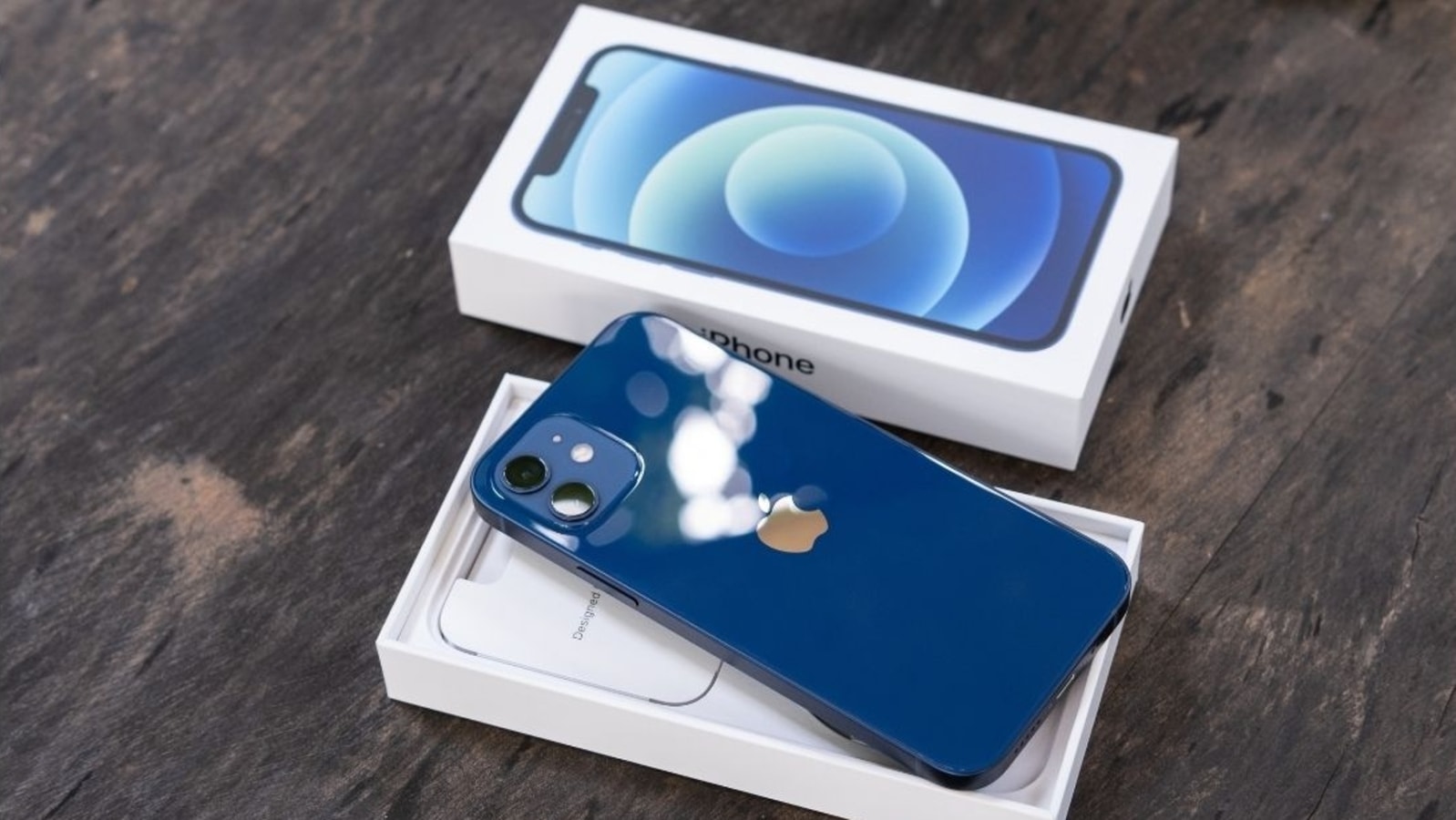Recently leaked benchmarking scores for the upcoming iPhone 15 Pro and 15 Pro Max have sparked excitement among Apple enthusiasts and the entire tech community. Cut to now, we have yet another alleged Geekbench performance score that puts the iPhone 15 Pro’s A17 Bionic chipset miles ahead of the iPhone 14 Pro and even the best Android smartphones out there.
To put things into perspective, Naveen Tech Wala posted the benchmarking scores for the upcoming A17 Bionic chipset at 3,269 single-core and 7,666 multi-core testing. The format is as such as we are compelled to say the chipset was tested on Geekbench 6 although the Naveen hasn’t explicitly mentioned it on this page.
It’s not the first time we are seeing iPhone 15 Pro’s A17 Bionic chipset benchmarking scores. The previous test rolled out a few days ago shows 2,317 points on single-core and 6,750 points on multi-core Geekbench 5. When it comes to Geekbench 6, the scores were 3,019 points and 7,860 points respectively.
Comparing the previous leaks and the latest ones, we are certain that iPhone 15 Pro’s A17 Bionic chipset will bring onboard a leap in performance. Even if you compare the Geekbench 6 scores, it shows a significant jump in single-core performance albeit the multi-core scores saw a decline.
For context, iPhone 14 Pro Max scored 2,523 points and 6,396 points on single-core and multi-core Geekbench 6 while Samsung Galaxy S23 Ultra scored 2,000 and 5,164 points respectively. It doesn’t require a rocket science degree to tell how far the upcoming A17 Bionic chipset is allegedly leaving Qualcomm Snapdragon 8 Gen 2 onboard Galaxy S23 Ultra.
Apple iPhone 15 Pro and Pro Max are all set to launch in September (allegedly on the 12th or 13th) with the A17 Bionic chipset from TSMC. The chipset is made on an efficient 3nm node which is the first for smartphones. It carries a maximum clock speed of 3.7GHz along with 6 processors cores.
The chipset is significantly better in efficiency than 4nm and 5nm nodes and in fact, the efficiency is around 35% compared to the 4nm node. For context, this is a significant jump given the fact that A-series chipsets from Apple have always recorded an efficiency boost between 10-25% in their upgrades. This should translate into lower battery consumption and better battery life as well which is a win-win for all.
iPhone 15 Pro is set to make a big splash on September 12 at the Apple event along with the entire iPhone 15 family and Apple Watch Series 9 among others. Stay tuned to keep yourself updated with all the new progress when it comes to Apple iPhone 15 series and beyond.

 1 year ago
85
1 year ago
85











 English (US)
English (US)